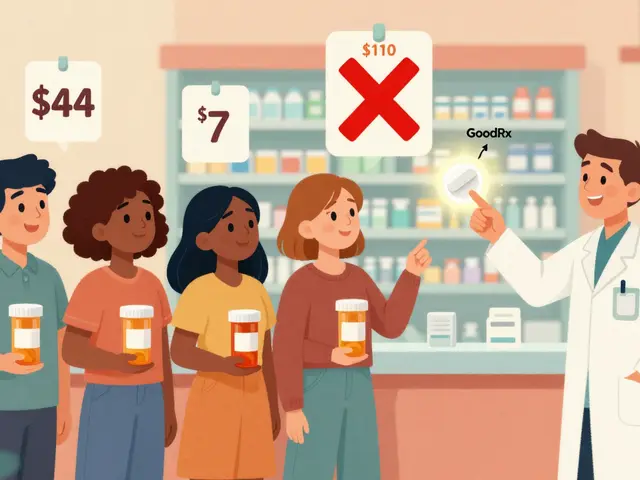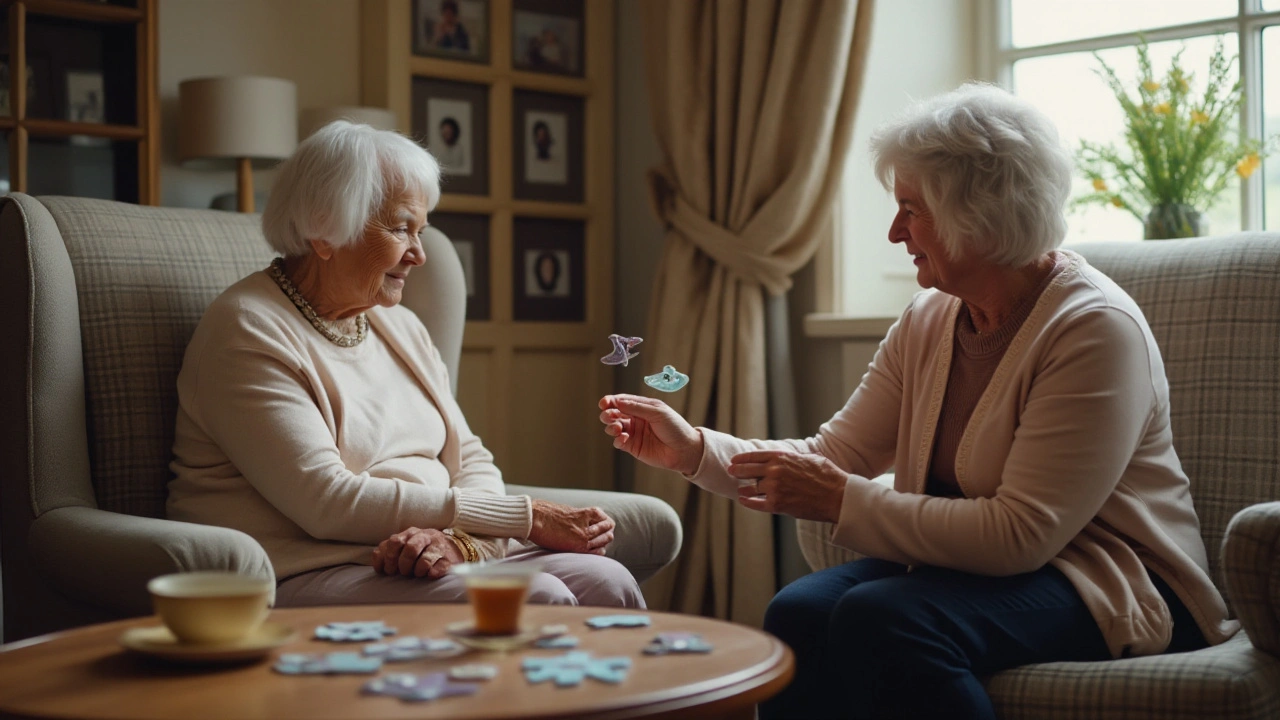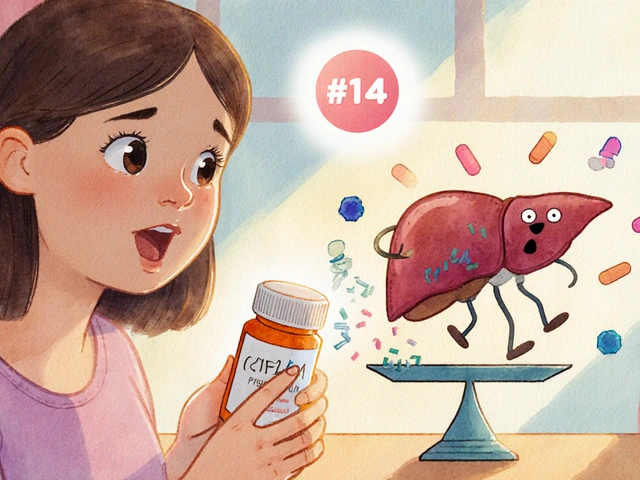Alzheimer's Care: Practical Tips for Families and Medication Safety
Seeing a loved one change after an Alzheimer's diagnosis is hard. You don’t need medical degrees to make day-to-day life safer and calmer. This page gives practical, no-nonsense steps you can start using today — from handling meds to managing risky moments like confusion or falls.
Medication: what to watch for
Medications can help symptoms but also cause trouble if mixed wrong. Keep one up-to-date list of every drug, supplement, and over-the-counter product your person takes. Check that list with the doctor or pharmacist every few months. Some meds used for sleep or anxiety (like benzodiazepines) raise fall and confusion risk in older adults. Others can change sodium levels or interact badly with heart drugs. If you see new confusion, dizziness, headache, or sudden tiredness, that can be a sign of a medication problem — call the prescriber.
If you’re considering drugs like galantamine (Reminyl) or other dementia medicines, ask about real benefits and side effects. Expect honest answers: sometimes a drug helps memory or daily function a bit; sometimes it mainly slows decline. Track changes in a simple notebook — better or worse, note the date and what happened.
Daily safety and routine
Structure helps. Keep a predictable routine for meals, sleep, and activities. Use clear labels on doors and drawers if needed. Reduce trip hazards: remove loose rugs, add night lights, and keep shoes well-fitting. For wandering risk, consider door alarms or GPS watch options after discussing privacy and comfort.
Hydration and salt balance matter. Older adults can get low sodium (hyponatremia) from illnesses, certain meds, or too much plain water. Signs include confusion, falls, and nausea. If you notice sudden changes, ask the doctor to check sodium and medication list.
Behaviors like agitation, repeating questions, or refusing care are common. Try short, calm responses and simple choices (“Would you like the red sweater or the blue one?”). Redirect rather than argue. If behavior becomes unsafe, call the provider — sometimes a simple med change or treating pain or infection improves things quickly.
Caregiver basics: accept help. Use respite, home care, or local support groups so you don’t burn out. Keep legal and medical paperwork accessible: advance directives, power of attorney, and a list of important contacts. Small preps save huge stress later.
Buying meds online? Use only verified pharmacies and keep prescriptions from your usual provider. Cheap sites can be tempting, but counterfeit or wrong-dose meds are dangerous. If in doubt, ask your pharmacist to confirm the source.
You don’t have to do this perfectly. Small, steady changes — clear medicine lists, safer home spaces, routine, and asking for help — make life easier for both of you. If anything feels suddenly worse, call the doctor. Quick action often prevents bigger problems.
8
How Occupational Therapy Transforms Alzheimer's Dementia Care
Occupational therapy plays a crucial role in the care of individuals with Alzheimer's dementia. By focusing on maintaining independence and improving the quality of life, these therapies can make daily activities more manageable. This article delves into various techniques, benefits, and real-life applications of occupational therapy in dementia care.
Latest Posts
Popular Posts
-
 OTC Heartburn Medications: Antacids, H2 Blockers & PPIs Explained
OTC Heartburn Medications: Antacids, H2 Blockers & PPIs Explained
-
 Out-of-Pocket Costs: How Generics Cut Your Drug Bills - and When They Still Hurt
Out-of-Pocket Costs: How Generics Cut Your Drug Bills - and When They Still Hurt
-
 Magnesium Supplements and Osteoporosis Medications: What You Need to Know About Timing
Magnesium Supplements and Osteoporosis Medications: What You Need to Know About Timing
-
 Celiac Disease: Gluten-Free Living and Nutrient Supplementation
Celiac Disease: Gluten-Free Living and Nutrient Supplementation
-
 Meniere’s Diet: How Sodium Restriction and Fluid Balance Reduce Vertigo and Hearing Loss
Meniere’s Diet: How Sodium Restriction and Fluid Balance Reduce Vertigo and Hearing Loss



